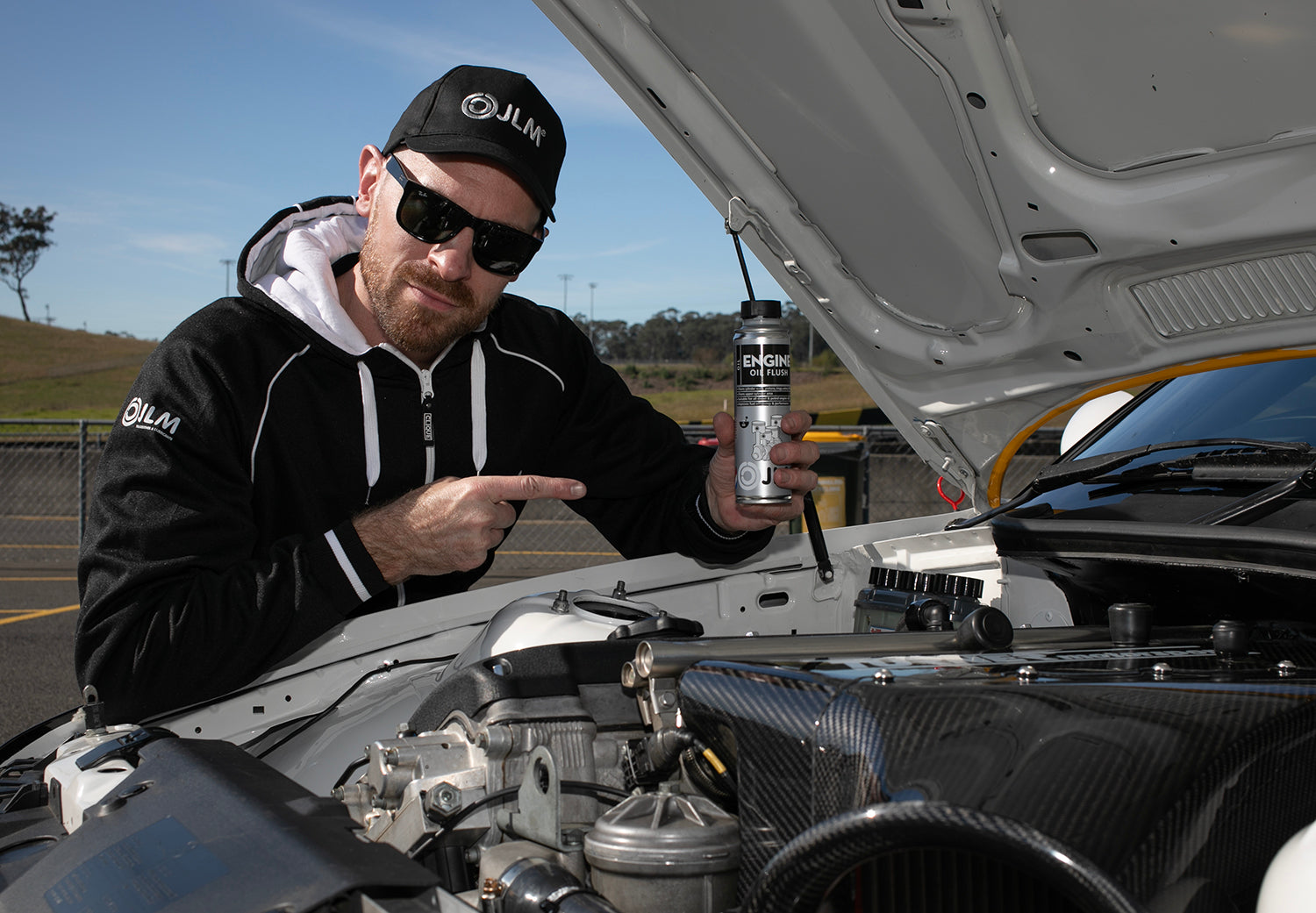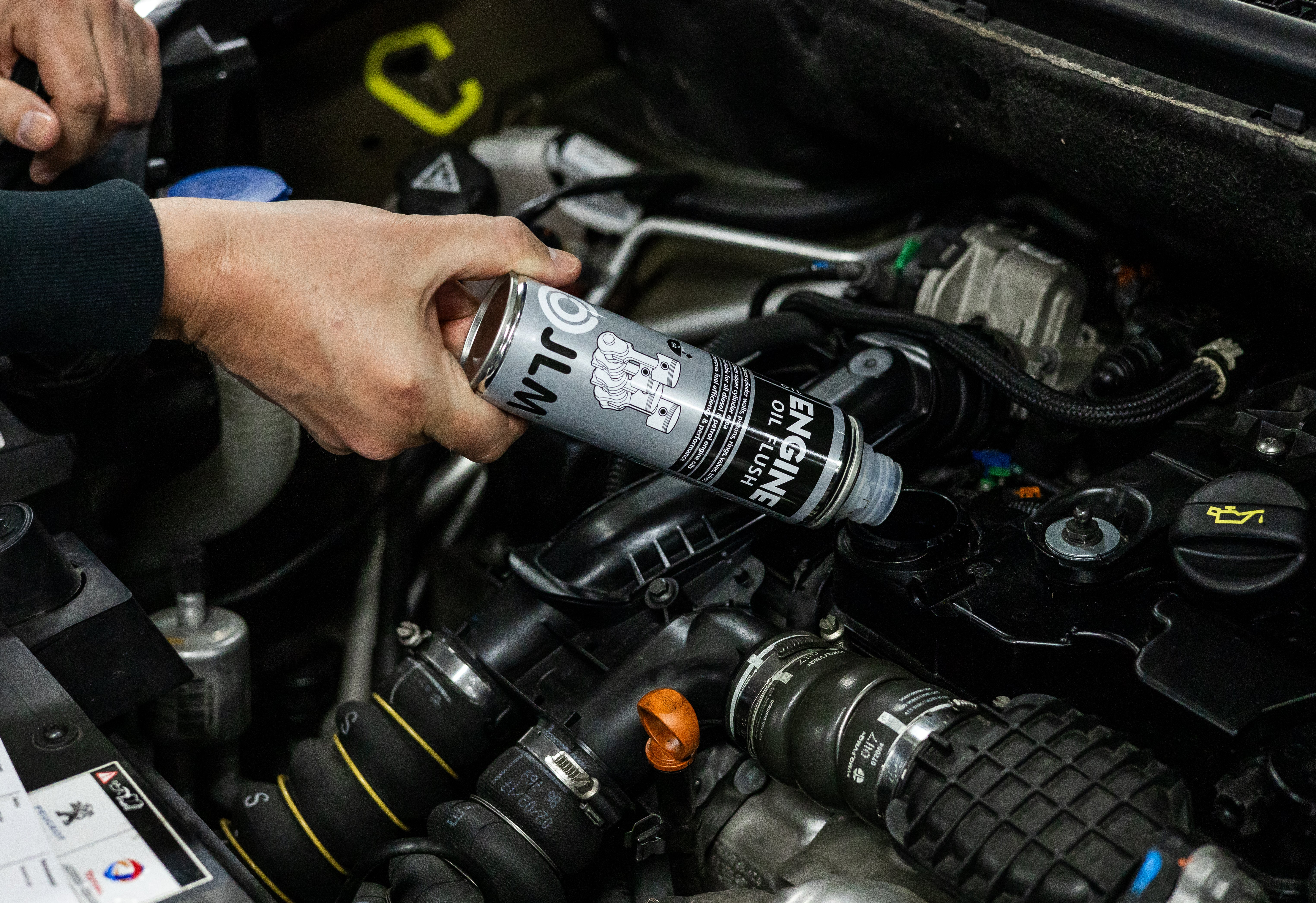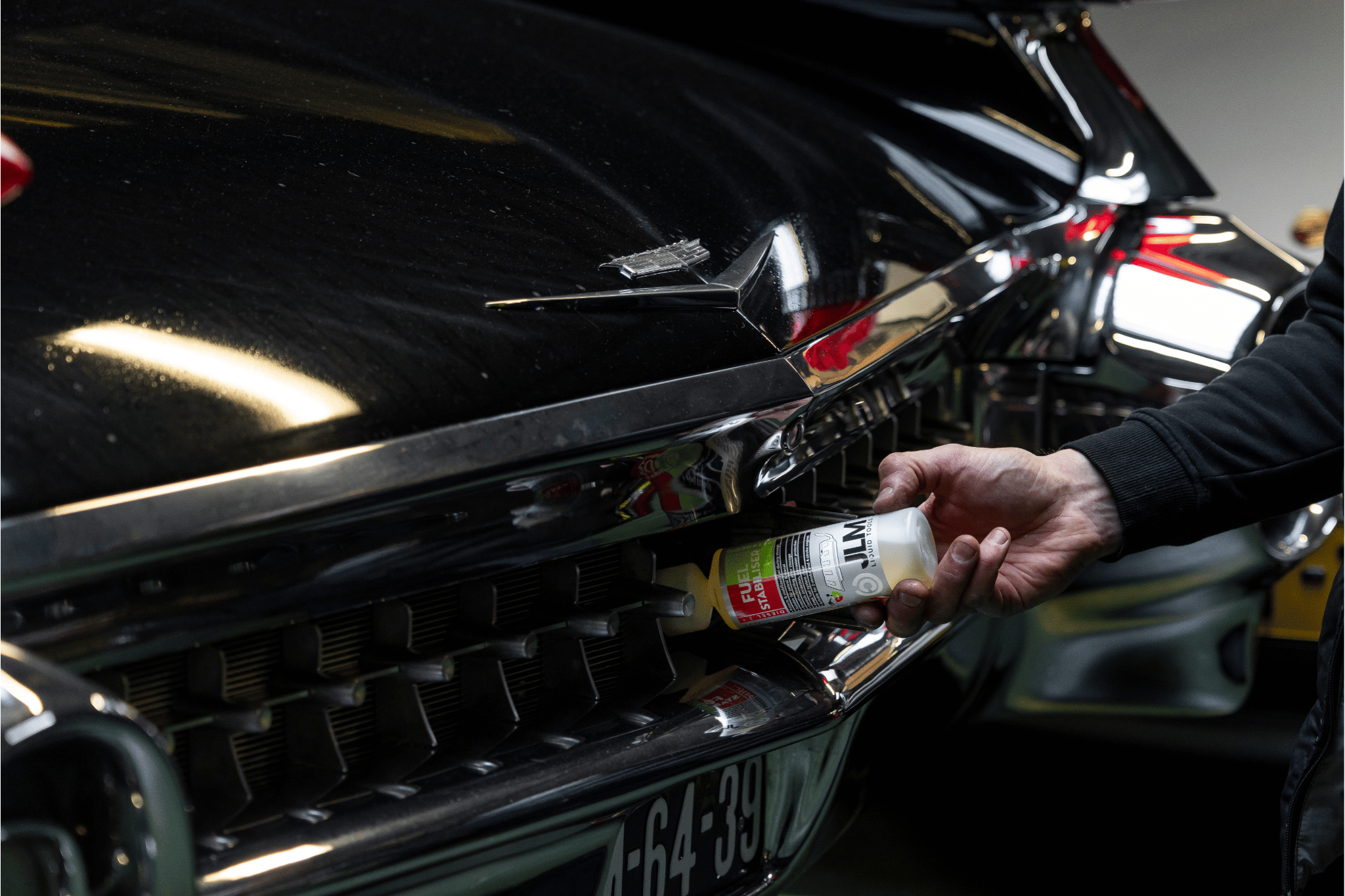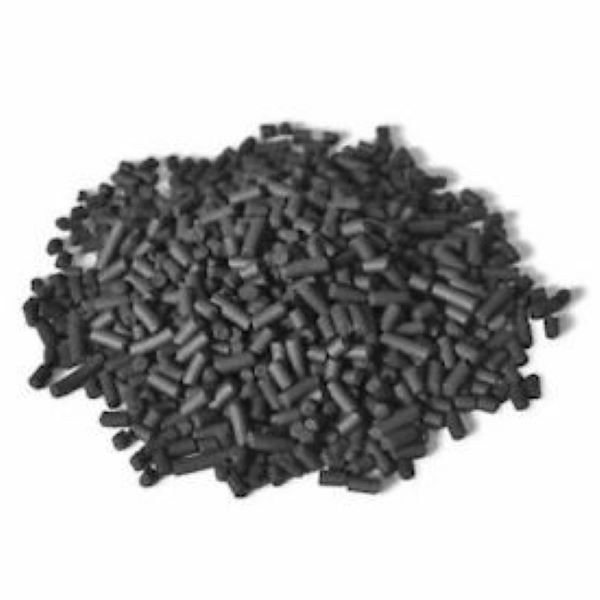
WHY DOES CARBON FORM IN ENGINES?
While the formation of carbon in internal combustion engines is unavoidable due both to the nature of fossil fuels, and the inherent inefficiency of internal combustion engines, the rate at which carbon forms is largely dependent on the following:
Efficiency of the combustion process
In petrol engines that are in perfect working order, all of the fuel is burned using all of the available air, which (theoretically) leaves no unburnt fuel from which carbon can form. However, since diesel engines always run with excess air, the efficiency of the combustion process depends on the volume of fuel that is delivered during each injection event. In practice, this means that diesel engines often run rich at some points during their operating range and especially during periods of turbo lag when large throttle inputs can cause excess fuel to be delivered, most of which is then transformed into carbon deposits.
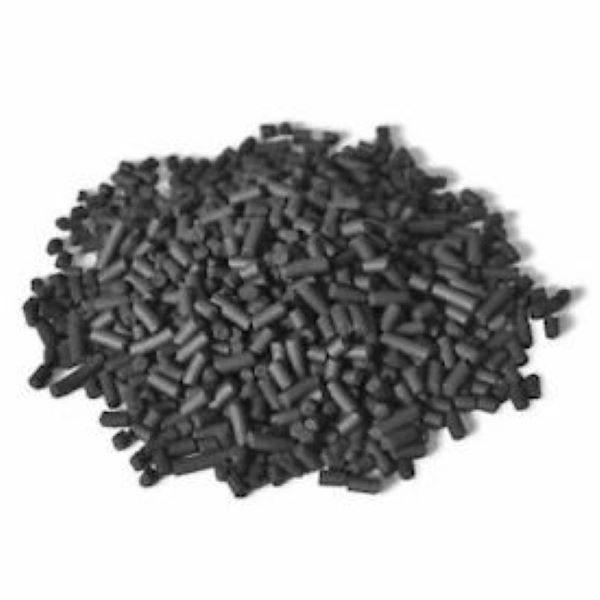
Oil consumption rates
While there are many examples, some engines, such as some BMW, Mercedes, and especially VAG group applications that have FSI engines are particularly notorious for their high oil consumption rates. As experienced technicians, we have all had to deal with customer concerns regarding this, but diesel technicians have a much tougher time, since they have to explain problems like loss of power, hard starting, rough idling, and poor fuel economy to sometimes irate customers on the basis of the rate at which their cars consume oil.
The fact is that diesel engines with high oil consumption rates form excessive carbon deposits much sooner than petrol engines with similar oil consumption rates, mainly because diesel fuel does not contain the detergents and solvents that inhibit the formation of carbon in petrol engines. If we add to this that worn turbocharger seals, poor control of the oil film on cylinder walls, the use of high-volatility engine oils, low combustion temperatures, and inefficient crankcase ventilation systems create a hydrocarbon-rich environment throughout the engine, it becomes clear why even low-mileage diesel engines sometimes suffer from a rapid build up of carbon deposits.
Driving style / vehicle usage
Since carbon forms at relatively low temperatures, a vehicle with a diesel engine that is used primarily for short trips during which the engine never, or seldom reaches its optimum operating temperature, that engine will accumulate carbon deposits at a much higher rate than an identical engine that is mainly used at high speeds for extended periods.
